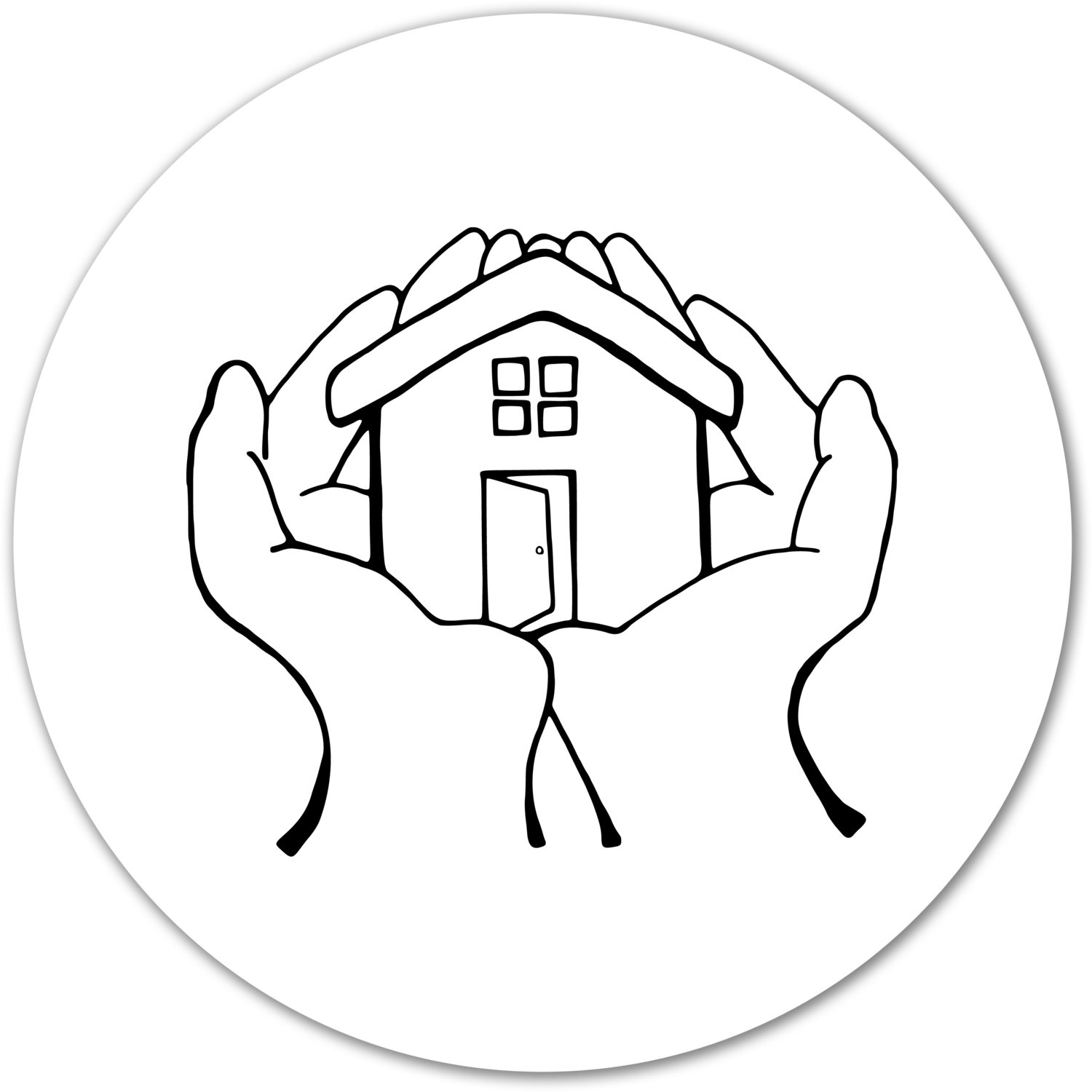
Our Story
Knowing that we have support and a community to help gives us strength to do foster care.
-Supported Foster Family-
Scott Kingston and his wife Carrie
have two biological sons, David and Sam, and an adopted daughter, Keyvalin. After adopting Keyvalin from Guatemala in 2007, Scott and Carrie had several opportunities to participate in a series of short-term missions trips. These trips had a life-changing impact on both of them, and they began to pray about and consider long-term missions opportunities.
In 2012, they began their journey and eventually worked in leadership roles at two orphanages in Guatemala. While great work was being done with children at both of these orphanages, it became clear that
even the best orphanage is a poor substitute for growing up in a family.
Scott and Carrie began to re-orient their work towards making the orphanage a more transitional living arrangement for the children, with an emphasis on foster care until family reunification became a possibility, and adoption where reunification was not a possibility.
As they were beginning this shift in ministry focus, extended family health issues led to them to make the decision to return home. Upon returning to the United States, they moved to Wild Rose, WI (population 720). Scott and Carrie continued to feel the tug of their calling to work with vulnerable children.
Bruce and Stephanie Williams have
two biological sons, Caleb and Cavan, and an adopted daughter, Clare. After adopting Clare from Guatemala in 2006, they considered growing their family again through international adoption, but after years of prayer and consideration decided that God was calling them to become licensed as foster-to-adopt parents through the special needs adoption program in Wisconsin.
In 2014 Bruce and Stephanie met Emmanuel (14) who was in foster care in Milwaukee, Wisconsin and agreed to take him in as their foster child. About one year later the Williams family received a call informing them that the placement of Emmanuel’s two younger biological brothers, Elijah (12) and Jonah (11), had been disrupted, and asking them if they could bring them into their family.
They said yes, of course.
Their family continued to grow about a year later when they received a similar phone about the boys’ older biological brother, Jay (16), who joined the family in 2016. In June of 2017, The Williams Family adopted Emmanuel, Elijah, and Jonah; Jay, being an adult, decided to decline the adoption, but is still fully connected with the family as their unofficially adopted son. The Williams continue to foster as placements are presented to them and are supported by a loyal, dedicated, and attentive care community.
In little Wild Rose,
rural central Wisconsin, The Kingston’s met the Williams’. There was an immediate connection because of their adopted daughters’ shared age and heritage. Over time and multiple conversations, the Kingston’s and Williams’ got to know one another and discovered that their passion for vulnerable children was mutual.
Scott and Bruce began speaking to foster families, caseworkers, and various Christian organizations around the country who work in foster care.
It became clear that the biggest need was to support existing families to keep them fostering longer.
Over 50% of licensed foster parents cease fostering after their first placement, and many request that placements be terminated. These families are often unprepared and unsupported, which puts the foster children at tremendous risk for disrupted placements. However, over 90% of foster families with a Care Community are still fostering two years after licensure!
Once Bruce and Scott were introduced to Live The Promise (Promise686) and Fostering Together at (North Point Community Church), their path was clear. Bruce and Scott started Welcomed modeling the organization after Live the Promise, and began to introduce the model into the foster system in Wisconsin, starting with the Williams family in Wild Rose. Welcomed is affiliated with Live The Promise, in order to utilize their proven model of church engagement and their educational materials.
“Without our care community we would have likely stopped fostering.”
-Supported Foster Family -


